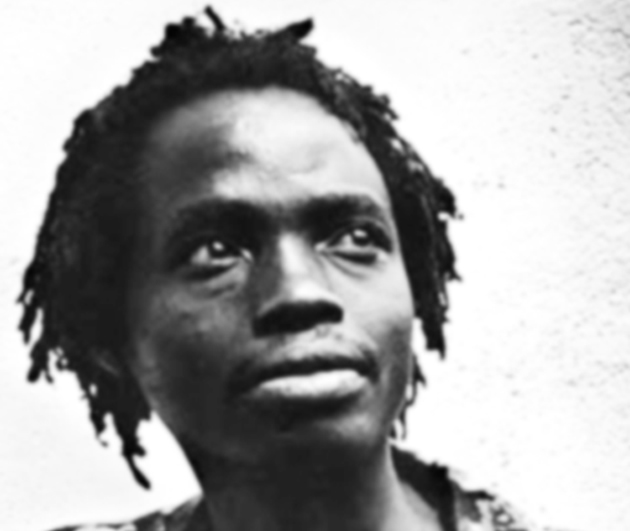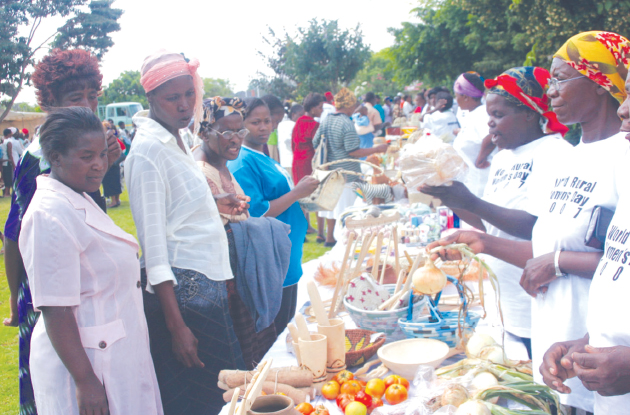Zim needs to invest in the development of its writers

 Ignatius Mabasa Shelling The Nuts
Ignatius Mabasa Shelling The Nuts
One of the reasons why Oliver Mtukudzi started Pakare Paye Arts Centre was because every time he left his house in the morning, he would find a lot of young people waiting for him outside the gate.
Some would be carrying guitars wanting to play for him or to join his band.
Others would be having demo CDs for him to play and critique.
Tuku says that is when he thought of starting a centre that could offer these aspiring musicians a chance to realise their dreams.
Unlike Tuku, I don’t have the resources to start an arts centre.
Instead, I get e-mails, Facebook and WhatsApp messages, texts and phone calls from aspiring writers wanting me to edit their manuscripts, to read their poems and publish their books.
I have been mentoring and helping several young writers for a long time now.
This is a voluntary job that is demanding, at times discouraging and disappointing because most of the young writers want to be writers overnight, without having read anything other than school literature set books.
Some of them think they know everything about writing, while others are rude, demanding that I give them attention even when it is not possible.
I love helping when I can, but I also have a life to live, chickens to feed and a dog to walk.
Recently, a young man said, “Mukoma Mabasa, teach me how to write. I am very eager to become a writer. If you can’t teach me, is there a place you can refer me to where they teach creative writing?”
I get such inquiries almost on a daily basis.
Unfortunately, I don’t have anywhere to refer these zealous young writers, because Zimbabwe has no formal institutions that develop and nurture writers.
Since the demise of the Budding Writers Association of Zimbabwe, only two establishments — Writers International Network Zimbabwe and WriteMag — are trying to offer some help and develop aspiring writers.
Unfortunately, these two organisations are very limited in terms of what they can do because of lack of support and serious financial challenges.
Whenever I get requests from aspiring writers, my heart aches because I know what it is like to dream of becoming a writer, or to think that you are a writer, but then not get any help.
At one time, British Council ran a lot of good and structured programmes, which identified, supported and developed a number of writers.
A number of writers who benefited from British Council programmes are now published and have become influencers and are now adding the African voice on the global arena.
But, do we need foreigners to help us all the time to develop our artists?
If the British Council decides to move on and embark on other projects that suit its strategic goals, are we to just sit and wait for yet another foreign body to help capacitate our people?
Are we not able through our universities to offer creative writing courses at basic, intermediate and advanced level?
We surely cannot have institutions that are just there to critique creative works when they don’t feed into the process of making and shaping the product they love to analyse.
Such a mentality does not allow our literature to grow qualitatively because it is only the readers that get to be made aware of what good literature should be.
When I did my BA in Shona and Linguistics at the University of Zimbabwe, I was one of the most fortunate people in the Shona novel class that was taught by the late luminary, Professor Emmanuel Chiwome.
While others were studying the Shona novel course to pass, I was in that class learning and understanding the trends and developments, successes and weaknesses of the Shona novel in general.
Besides the rare opportunity of being mentored by Prof Chiwome, I was also taught by notable personalities like Prof Pedzisai Mashiri, Prof Solomon Mutswairo, and Prof Herbert Chimhundu, among others.
I went on to become friends with Dr TK Tsodzo, Charles Mungoshi and Aaron Chiunduramoyo. I belonged to the Budding Writers Association that was then chaired by Albert Nyathi.
I immersed myself in the happenings of the literary circles of that time.
The Zimbabwe Writers Union was very active and had regular meetings and readings. BWAZ ran national writing competitions, and the Zimbabwe International Book Fair ran exciting programmes for writers. Also, there was a national literary magazine called Tsotso and another one called Bloom, which was for the UZ writing community.
Then, I got a lifetime opportunity to learn and be guided by that enigmatic man from Mazvihwa-Chenjerai Hove.
He was the last writer-in-residence at UZ.
Working with Hove propelled me into the vortex of literary mysteries.
In my group were Chiedza Musengezi, Ruzvidzo Mupfudza, Memory Chirere, Thabisani Ndlovu, Emmanuel Sigauke, Eresina Hwede, Dr Nhamo Mhiripiri, Joyce Mutiti-Mhiripiri and others.
We wrote, read, critiqued and revised each other’s works.
We exchanged and discussed novels by Russian, German, English, American and African writers.
We experimented and pushed boundaries of writing.
We inspired each other.
Two people who made a lasting impression on me are Memory Chirere and Chiedza Musengezi. The reason being that like me, they wrote in Shona and inspired me with their unique prose and poetry.
As a result, I tell aspiring writers who come to me for help that besides writing in isolation, they need to join or start reading clubs and have their own writing friends.
But for me, the truth is that being a writer started a long time ago before I was even aware that I was going to become an author.
When I was growing up, I loved reading and storytelling. I borrowed and read lots of books.
I read anything and everything because we did not have any books.
I read my grandfather’s Bible — my favourite story being that of Balaam’s talking donkey.
When I started writing, I did not have anyone to guide and even encourage me. Were it not for my teachers, Mrs Shongedza at Chinembiri Primary School and Mrs Shelter Kaseke at Seke 3 High School — I would not have become a writer.
Mrs Shongedza taught me in primary school, and used to read great stories to us.
She was so passionate when reading stories such that one day when she read the story of the crucifixion of Jesus and got to that part where the sky became dark in the afternoon, I felt the darkness as if I was there standing at Calvary with the Jews and their priests.
Mrs Shongedza brought a new dimension and culture of reading to someone who had grown up on a diet of amazing and dramatic stories of Tsuro naGudo.
Already, I had a very strong and fertile imagination because of storytelling.
I have digressed, but that was necessary. So, what did I tell the young man who wanted me to teach him creative writing?
I told him that good writing comes from the heart, and from reading widely and wildly.
This reading should not be forced, but something one enjoys. Besides developing a reading culture, there is a big problem to do with the language one chooses to write in. I have seen young writers with great potential, writing in the wrong language.
Speaking good English does not automatically make one a great storyteller. Unless one “took to English the way a duck takes to water” like Dambudzo Marechera, they will die in the literary wilderness.
In these days of self-publishing — aspiring writers must do things properly and correctly.
One can never buy or cheat their way into becoming a writer.
Money to some extent can help, but it does not validate you.
Creative writing favours people who invested time since they were young in reading avidly before they tried to write.
Even when you eventually get published, continue discovering great stories by great authors.
Personally, this journey of discovering new books and authors is what sets standards for me.
Reading is one of the cheapest professional development opportunities available.
But, as a nation, we cannot leave the mentoring and developing of writers to individuals or chance, because ultimately this will affect the future and the quality of our writing and our literature.
Zimbabwe needs to invest in the development of its writers in order to set its own agenda, especially now when ZBC is looking for content that is right and relevant to us for its six new television stations.








Comments